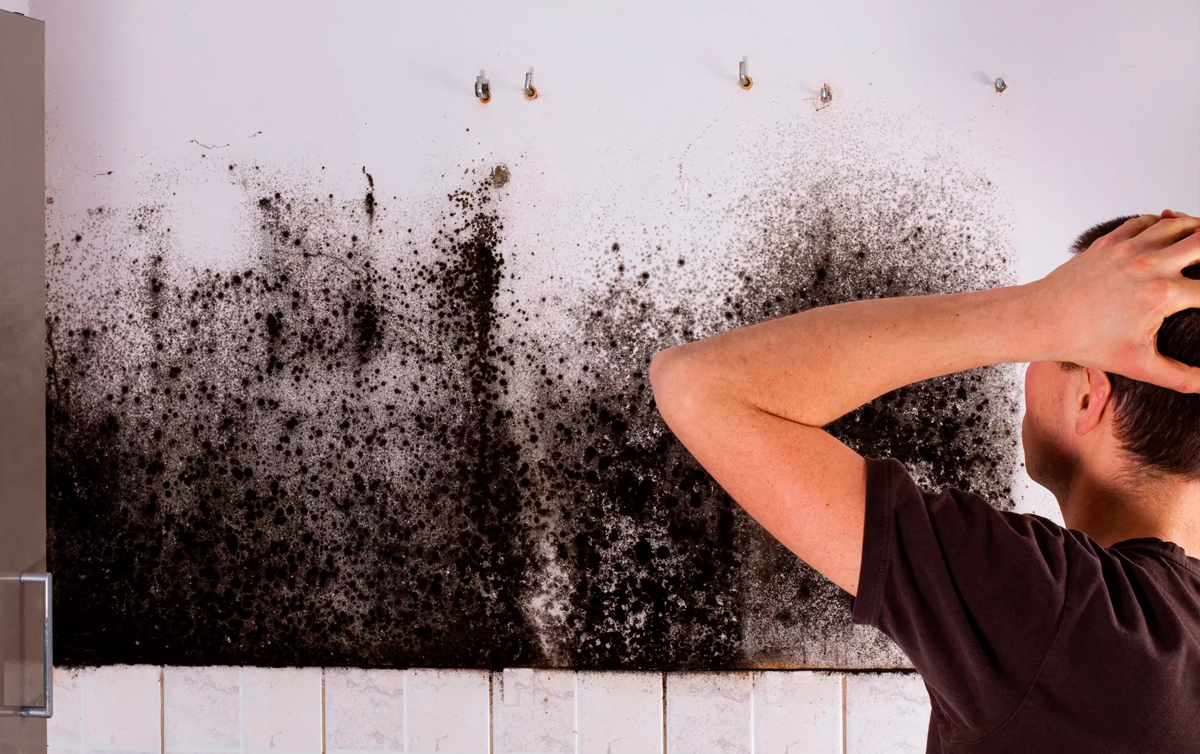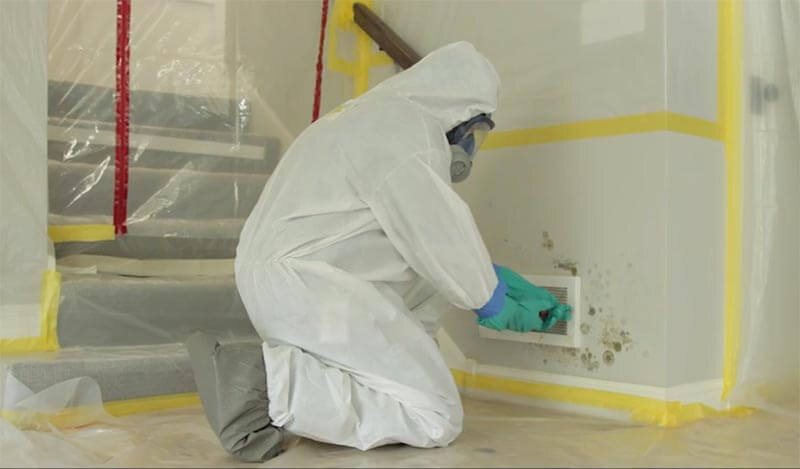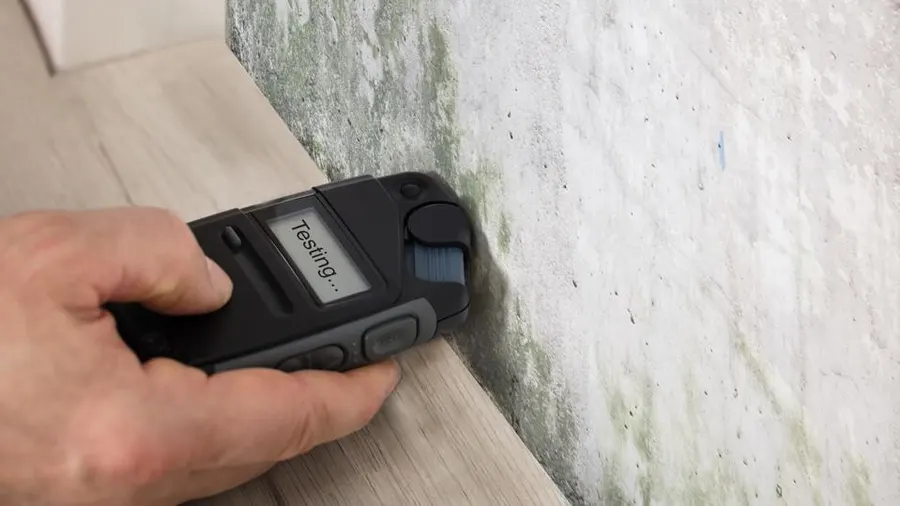Traveling can be an exhilarating experience, but the joy of exploration often comes with unexpected pitfalls. One such lurking danger is the hidden threat of mold exposure, which can turn a dream getaway into a nightmare.
Imagine settling into a charming hotel room, only to discover the musty odor of mildew or, worse, visible patches of mold in the bathroom. If you find yourself in this unfortunate scenario, knowing how to navigate the tricky waters of insurance claims is crucial.
What details do you need to gather? Which supporting documents are necessary for a successful claim? Understanding the ins and outs of filing an insurance claim for mold exposure while traveling can wield the power to reclaim your peace of mind—and potentially your expenses. In this article, we will delve into the essential elements to include in your claim, equipping you with the knowledge to ensure a smoother process and a fair outcome.
Types of Coverage for Mold Damage

When navigating the often murky waters of mold damage coverage, its essential to first understand the various types of insurance policies that may come into play. Homeowners insurance typically includes provisions for mold damage, but the specifics can vary widely: some policies might cap coverage at a set dollar amount, while others may require a separate mold endorsement for more extensive protection.
Travel insurance, on the other hand, generally addresses mold exposure due to traveling mishaps, like a burst pipe or flooding in temporary accommodations, but often excludes mold resulting from negligence or improper maintenance. Additionally, specialized mold insurance exists that can be tailored to specific needs, providing a safety net for those who are particularly vulnerable or have experienced mold-related issues in the past.
Its crucial to thoroughly review your policies and consult with your insurance agent to ensure you’re adequately covered against the unpredictable consequences of mold damage during your travels.
Personal Property Damage Assessment

When assessing personal property damage resulting from mold exposure, a thorough and meticulous approach is essential. Begin by cataloging all affected items—everything from clothes and electronics to furniture—documenting their condition with photographs or videos.
The dampness can seep into materials in unpredictable ways, often hidden from plain sight. Consider not only the visible damage but also the potential for internal deterioration; mold can compromise the integrity of items that appear unaffected at first glance.
Make notes about the circumstances of the damage: when it occurred, the extent of exposure, and any steps taken to mitigate the problem. Keep receipts and records of any purchases made to replace damaged items, as these will support any claims you file.
Accurately assessing your personal property damage paves the way for a stronger insurance claim, helping ensure that you receive the compensation necessary to recover from your travel misfortune.
Impact on Travel Plans and Activities

The presence of mold can dramatically disrupt travel plans and activities, turning a dream vacation into a logistical nightmare. Imagine arriving at your idyllic getaway, only to discover that your hotel room is tainted with toxic spores.
The initial excitement swiftly transforms into anxiety as you scramble to find alternative accommodations, potentially incurring extra costs for last-minute bookings. Beyond just a place to stay, mold exposure can dampen your enthusiasm for exploring the local attractions—after all, who wants to wander through charming streets when theyć re battling headaches and respiratory issues? Moreover, if a mold-related incident occurs, it can complicate your itinerary, forcing cancellations or rescheduling of planned excursions, guided tours, and even dining experiences.
Thus, travelers must not only consider the immediate health implications but also the cascading effects on their overall travel experience, making awareness and proper insurance coverage essential components of travel preparation.
Conclusion
In conclusion, filing an insurance claim for mold exposure during travel can be a complex process, but by being thorough and organized in your approach, you can increase the chances of a successful outcome. Ensure you document all relevant evidence, including photographs, receipts, and health records, to support your claim.
Its also beneficial to engage a Mold Inspection Company to assess the damage and provide a professional report, which can bolster your case significantly. By following these guidelines and being proactive, you can navigate the claims process with greater confidence and work towards obtaining the compensation you deserve for your unfortunate experience.




